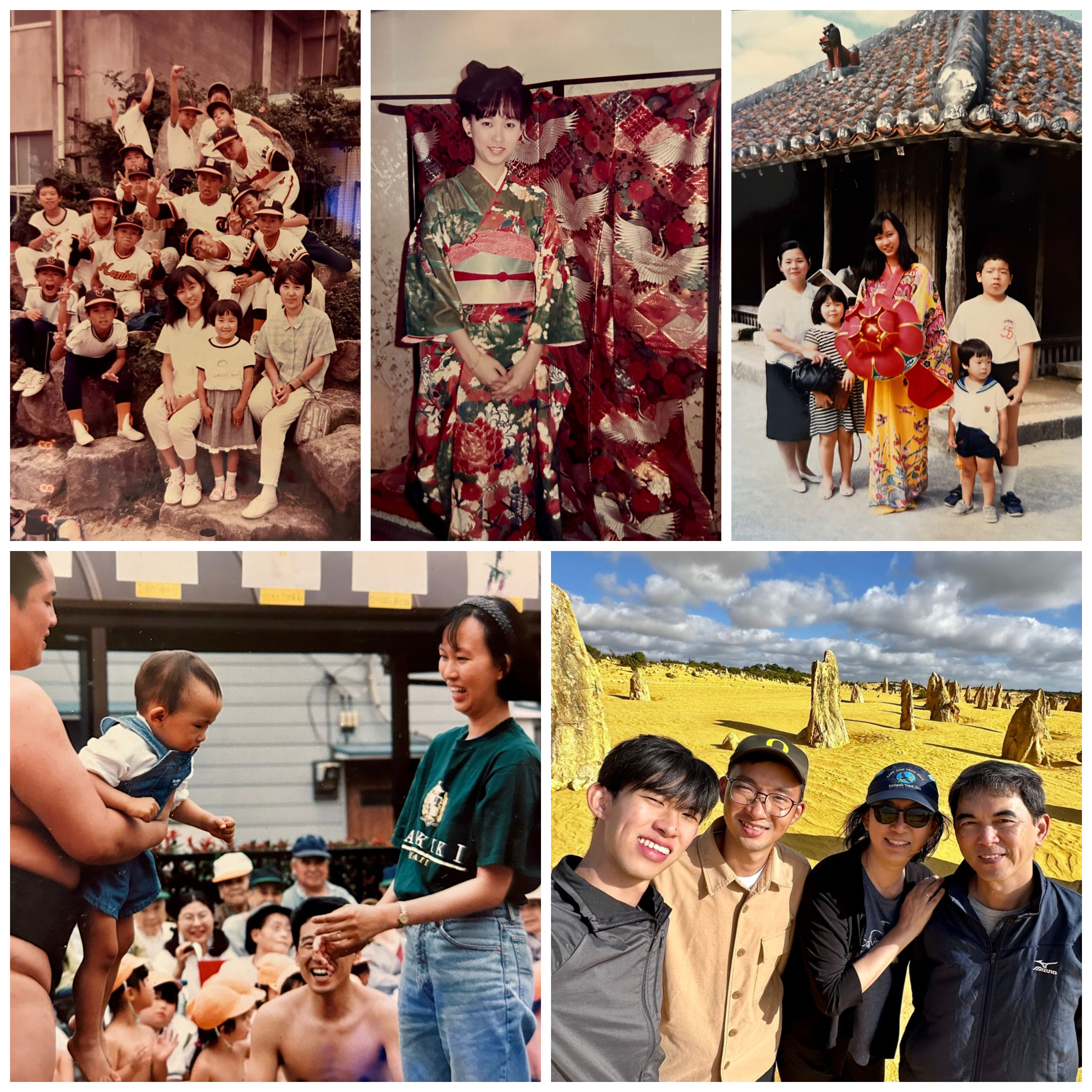#HumansofCFPR - Blog 4
“The world is so vast, and when you travel, you would realize that there isn’t just one type of system or a singular way of thinking, anything is possible”

| Published on 18 July 2023
In my youth, I thought about the possibility of pursuing an academic career but did not give it much consideration. I guess things just fell into place. I majored in Japanese Studies in NUS and looking back, my interest in Japan probably began when I was young and reading manga like Doraemon, which were all in Chinese translation. I got an opportunity to go on a home-stay in Japan in my second year of undergraduate studies when I joined the Ship for Southeast Asian and Japanese Youth Program. It was a 52-day programme on Nippon Maru visiting ASEAN countries and Japan, staying with host families at each port of call. It was a lot of fun and that probably furthered my interest in Japan.
The following year, my grandfather had to move into a nursing home which made me realize about aging issues in Singapore. I thought that we could learn more by studying Japan since it was further along as an aging society. After graduation, I spent a year in Okinawa partaking in research about aging in Japan with an Okinawan government scholarship. Known as a blue zone, Okinawa was the perfect location to study aging, where people are known to enjoy longevity. I even returned later for four months to conduct fieldwork for my Master’s studies with NUS, researching on ikigai among older Okinawans. While I was working on my Masters, due to an unforeseen shortage of teaching staff, I was tasked to teach a third-year undergraduate course as a Master’s candidate. I remember taking charge of more than 130 students for a whole year, since classes ran for a full year then. That was a lot of work, but it helped me decide that the path of academia is indeed what I enjoy.
My time in Okinawa turned out to be very helpful when I decided to do a PhD. I applied to Professor David Plath, a renowned Japan anthropologist at the University of Illinois at Urbana-Champaign who wrote the book, “Long Engagements”, which was about Japanese aging. I did not know anything about anthropology at that time, but in hindsight, I think that anthropology is very suited to my character and interests. My fieldwork experience in Okinawa was probably why David decided to accept me into the programme. About my PhD topic, I can’t remember exactly how, but I came to be acquainted with a Japanese friend who aspired to be a politician. He was very interested in social issues and later introduced me to Kotoen, an age-integrated center in Tokyo that comprised a childcare center, old folks’ home and nursing home. I spent a year there conducting fieldwork for my PhD research and during that time, I came to realize the importance of having generations close to each other. In the United States and Europe, when it comes to intergenerational programs, it is common to think about programs for extra-familial connections. In Singapore however, we look at it in a more family-focused way and I suppose it may be that grandchildren have more opportunities to interact with their grandparents. Hence, besides extra-familial interactions, I also did research about grandparents and grandchildren relationships.
Besides research, I think it is crucial to be aware of what is happening on the ground. That is why I am very much involved in the community and sit on several boards like Fei Yue and Presbyterian Community Services. Sometimes as researchers, we work with a lot of assumptions and overlook what is truly happening in reality. It should not be about what you presume people are thinking, but rather to learn what people actually see as matter most for them. I think it is very important to be grounded and to listen to the voices of others.
To the youths of today: explore the world. I have learned much from being in different places and still look forward to traveling for both work and leisure. My boys would often ask if I was attending a conference whenever we make travel plans because I frequently brought them along when I traveled for conferences. I wanted to spend time with them, but I also wanted to show them the opportunities that exists out there - to meet new people, make new friends, and learn about different cultures. Oftentimes, certain setbacks we face may seem like the end of the world, but it might not be so. In the journey of life, the wall we hit now may just be a little hump along our long roads of life. So, always believe in yourself, when you meet a hurdle, pick yourself up and bravely move forward. The world is so vast, and when you travel you would realize that there isn’t just one type of system or a singular way of thinking, anything is possible.
- Associate Professor Thang Leng Leng, Department of Japanese Studies, Co-Director of Next Age Institute, Former Deputy Director of CFPR and current CFPR Research Associate, NUS

